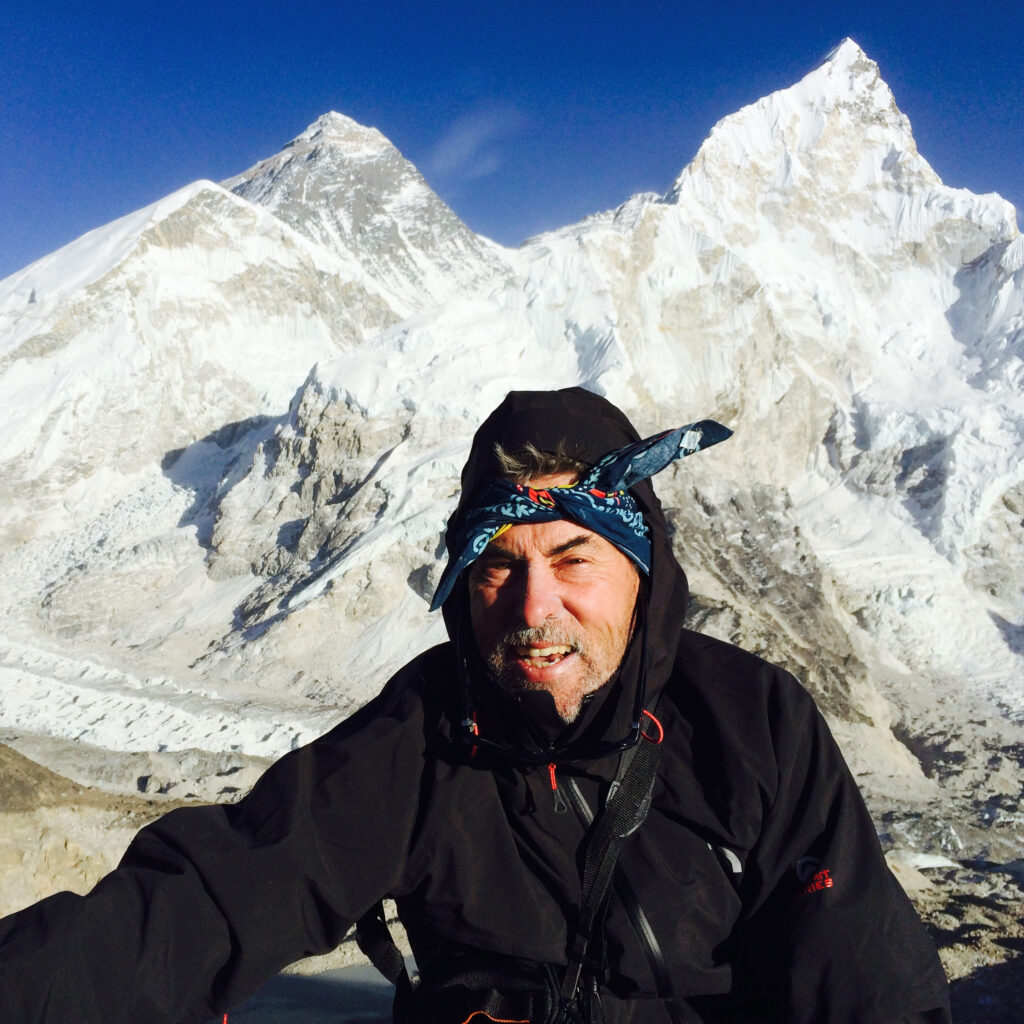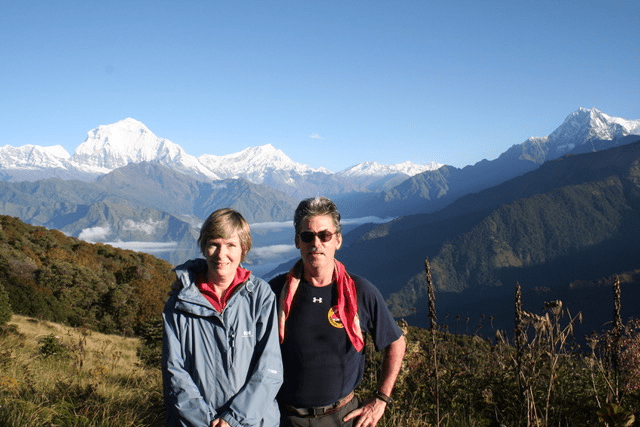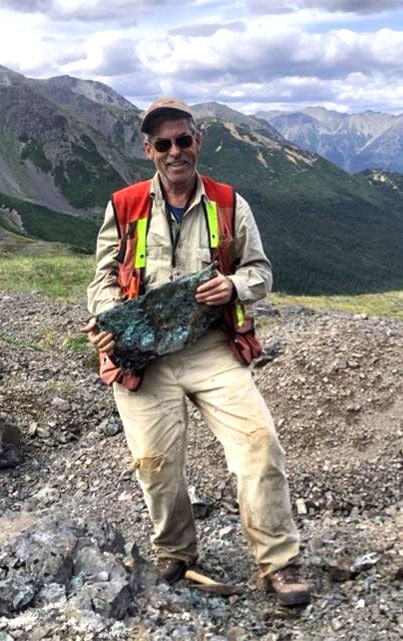Problem-solving with mountains: David Moore creates a scholarship in sustainable exploration geology

In some ways, David Moore (MSc 1977) etched his destiny in stone from an early age.
“I started collecting rocks when I was five years old, so I was probably predestined to be a geologist,” he jokes.
That simple pastime developed into a lasting interest in Precambrian geology and mineral deposits, and took Moore to the University of Alberta for an undergraduate degree and then to the University of Toronto to earn his master of science in geology in 1977.
Now, after a decades-long year career in geological exploration, Moore has made a $100,000 gift to create the David and Virginia Moore Graduate Scholarship in Exploration Geology. He hopes to inspire the next generation of earth science students and support their learning outside the classroom.
“I want to encourage a strong interest in the field aspect and the inquisitive nature a person must inherently have to be interested in exploration, geology and mineral exploration, as well as the field-based studies that are essential,” he says.
“We do so much with artificial intelligence and machine learning systems these days in mining and mineral exploration, but it really all comes down to field-based studies and your observations in the field. I hope this scholarship inspires an interest in the keen observation and critical thinking required to put together the puzzle that helps people find mineral deposits.”
If I can encourage future interests to help us find the minerals we need in this world, then I’m pleased to do that.
David Moore



